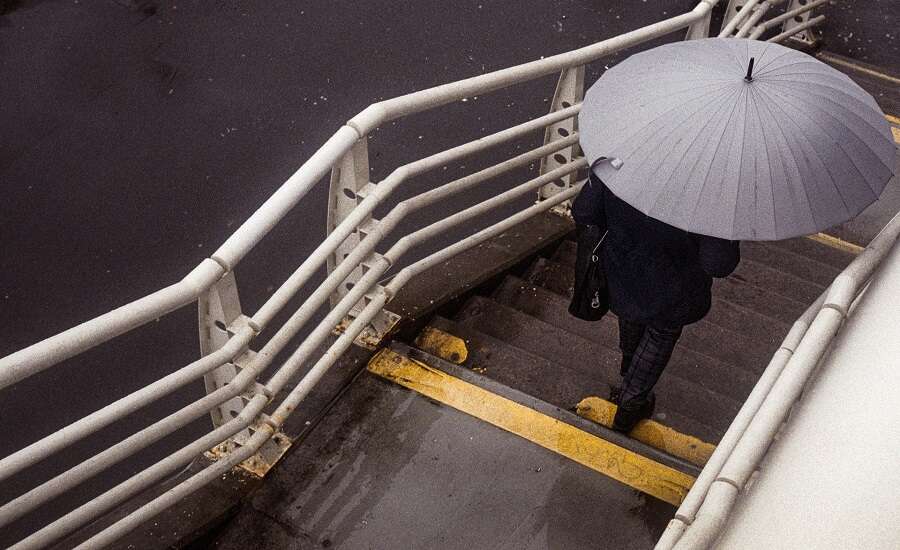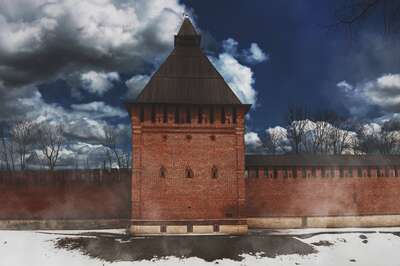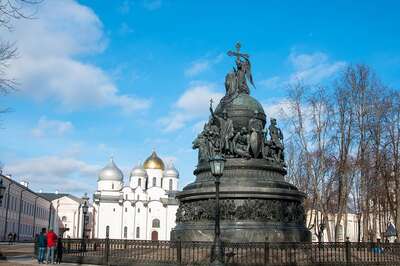Best Time to Visit Russia
Photo by Ivan Zhuldybin on Unsplash
When should I visit Russia?
- Summer: With temperatures in the pleasant upper 20’s Celsius (70’s Fahrenheit), Russia’s continental summers provide the perfect backdrop for sightseeing and partying.
- Winter: The frigid coldness of Siberia can’t be imagined; it has to be experienced. And, even St. Petersburg’s and Moscow’s milder winters of -10 to -20c (+14 and -4 F) can be breathtaking for those who have never experienced a true, northern winter.
- Spring & Autumn: The most turbulent times of the year combine the best of both seasons. Autumn in particular, with its warm days and quiet museums, can be quite splendid.
Weather
The stereotype that Russia has a cold and generally miserably climate has, as all stereotypes do, a drop of truth and a bucket-load of fallacy. Yes, due to their latitude, the main northern cities can get rather chilly in winter but that doesn’t mean winter is a whole-year affair. It’s difficult to generalize when talking about such large swathes of land but, as the majority of Russia is landlocked, summers tend to be a lot warmer than most people expect. Wild-fires in places like Siberia are a common-occurrence, with global-warming only increasing their frequency. Even St. Petersburg has been known to get as balmy as the Maldives on some summer nights.
Average Temperatures
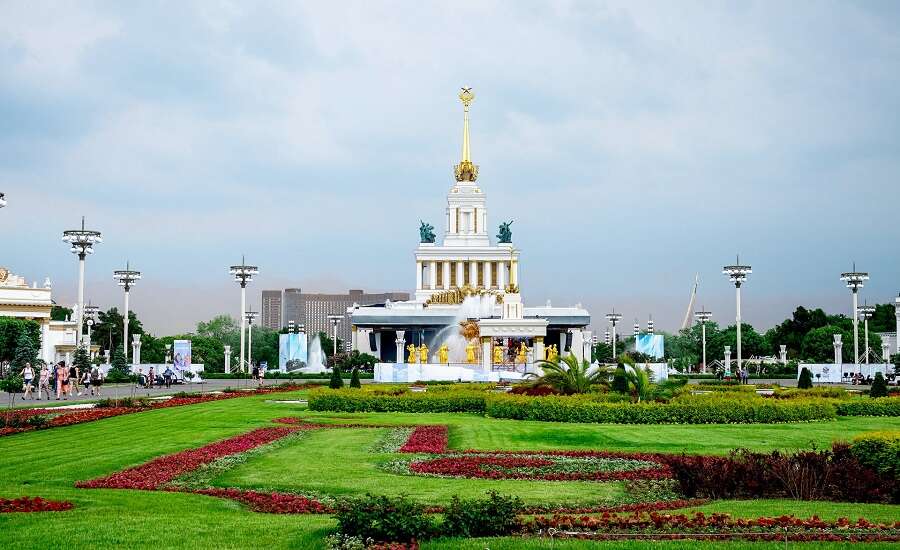
Photo by Artem Beliaikin on Unsplash
From June to August temperatures rarely drop below 16c throughout Russia. In Moscow, summers are usually splendid with daytime temperatures ranging from the upper 20s and low 30s (Celsius) or the mid 70s to mid 80s (fahrenheit). St. Petersburg can get a little chillier and, being near the coast, there is a chance of rain but a light jacket or mackintosh should be more than sufficient to get you through the odd, grey day.
Spring and autumn are turbulent times. One day the temperature could be +18c and then the next day it could easily drop down to +9c. Layers, wellington boots and a pair of sunglasses should ensure you’re always prepared for whatever the elements thrust upon you in these unpredictable months.
By mid-November snow begins to gather on the ground and winter starts full-blast. Typically the temperatures hover between -10 and -20c or +14 and -4 F in the main cities. In rare instances, it can get unbearably cold – down to -40c, but this is not the norm in either Moscow or St. Petersburg. Be prepared if you are visiting Siberia however, as frigid temperatures are to be expected!
When to Come – Summer or Winter?
Best time to visit Moscow and St. Petersburg
If you come in July or August, you’re almost certain to enjoy a sunny stay wherever you go in Russia. Indeed, in St. Petersburg the sun never seems to set.
Under the glare of the sun, Russia metamorphosis into something quite different. Smiles, often foreign to Russians, can suddenly be found plastered on most any face. Doors and windows, usually barred shut from the snow, swing open and, without the biting wind to scurry from, Russia’s safe streets buzz with live bands and strolling couples into the early morning. For those who like to make merry, summer is the time to visit. During the weeks of the white nights the very air seems to buzz with infectious energy.
Due to the current diplomatic tensions the crowds at attractions, though noticeably greater in summer, are nowhere near as large as those to be found in Venice or London. For those who simply want to have a ball of a time and who haven’t set their hearts upon seeing a world-class ballet performance (most dance companies leave for tours to Europe in summer), then summer is undoubtedly the best time to visit.
From December to February, Russia turns into a winter wonderland. For those who have never experienced a real, northern winter, the bright-white snow and glistening icicles can be breathtaking. But navigating cities can be a treacherous experience, with ice covering everything and after more than an hour, the cold can pierce through even the thickest of gloves. Most of Russia hibernates at home, even on New Year’s Eve which is more of a family-centered holiday in Russia than it is in the west, and Christmas markets haven’t quite established themselves over here yet. The plus side is that --apart from during the week-long New Year holidays—you’ll have the sites all to yourself and for a quarter of the price to boot!
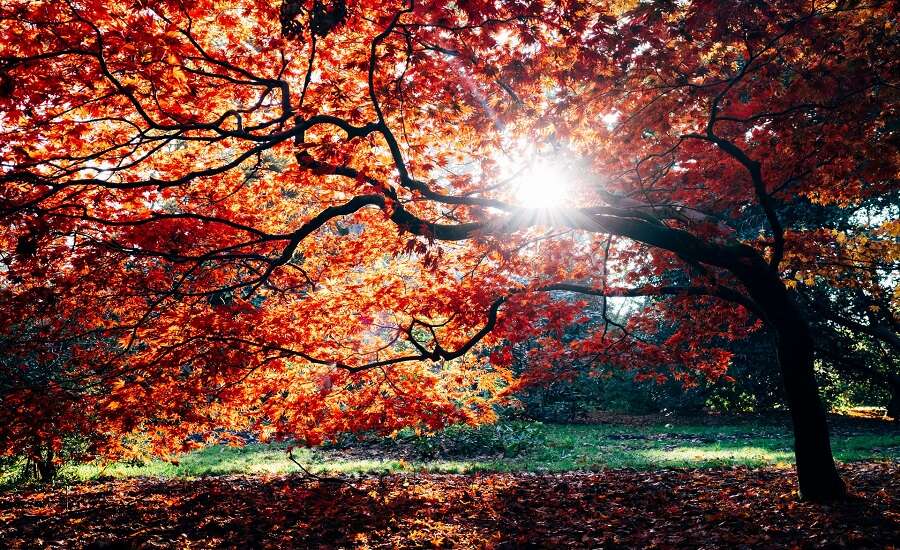
Photo by Dan Freeman on Unsplash
Spring and autumn though fleeting and capricious, can be spectacular. Autumn can be particularly magical, especially in St Petersburg where the whole city is set ablaze with the fiery reds, crimsons and glimmering golds. By September, the crowds have shrunk by half but the weather is generally still fine enough to stroll in. If you’re planning to take a long-distance train journey, this is the best time to do it as the cabins can get stifling in summer.
Whatever the weather, as long as you’re prepared, a tour to Russia will be nothing short of magnificent.
